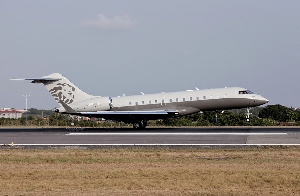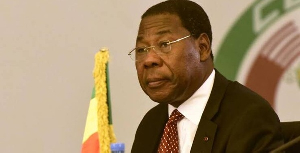The Forestry Commission (FC), has developed a comprehensive regulatory framework to ensure the sustainable management and use of Savannah woodlands.
Dr Kwakye Ameyaw, Technical Advisor at the FC, who made this known said the framework, which was developed as part of the Forestry Development Master Plan (FDMP), would come into force by the year 2020.
Again, in the Master Plan, the Commission was enacting the necessary legislation to build institutional capacity to ensure that wood fuels from forest reserves, private and communal lands, were managed according to the national forestry development objectives and resource owners' priorities.
Dr Ameyaw was speaking at a National Charcoal Forum held in Kintampo in the Bono-East Region.
It was organized by Tropenbos Ghana as part of its four-year "Property, Access and Exclusion, Along the Charcoal Commodity Chain in Ghana (AX)" Project.
The Project, which is being funded by the Danish government, seeks to examine how actors along Ghana's charcoal value chain are reaping the benefits of the industry.
It is a partnership between the University of Copenhagen, the University of Ghana and the Kwame Nkrumah University of Science and Technology (KNUST).
Dr. Ameyaw said the FDMP sought to improve the efficiency of charcoal production by helping operators to adopt kilns and other technologies to ensure sustainable energy supply for domestic use.
He said the Commission was committed to developing a comprehensive approach to regulate and sustainably manage the charcoal value chain for domestic use whiles continuously building capacities of groups and individuals in the value chain.
This would help to establish and effectively manage wood fuel plantations, including bamboo, for sustainable production.
Dr. Ameyaw said charcoal business was good, and urged producers to be mindful of the environment and also acquire more lands for woodlot farming.
He recommended the formation of groups by charcoal producers and traders to facilitate easy resolution of their numerous challenges including economic, technical, governance, and multiple-taxation.
Mrs. Mercy Owusu-Ansah, the Director for Tropenbos Ghana, said the Project had helped to establish the profit distribution along the charcoal commodity value chain as well as the economic importance of charcoal to rural livelihoods in Ghana.
General News of Monday, 28 October 2019
Source: www.ghananewsagency.org













